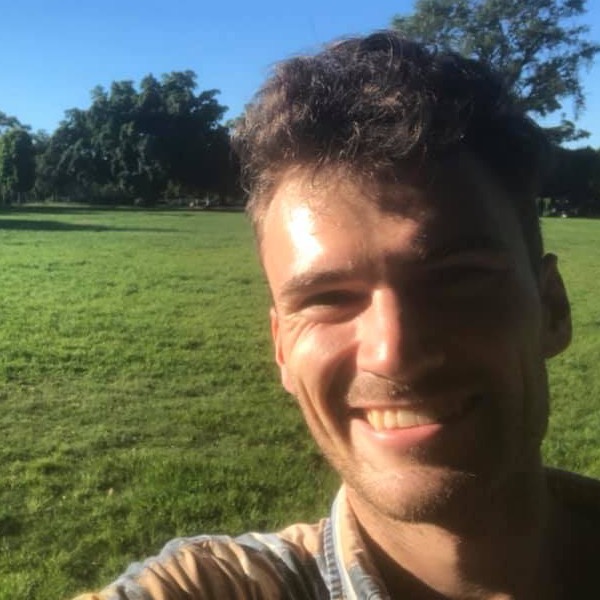Issues with bowels, bladder and sex are often taboo for those living with a spinal cord injury (SCI) and not really thought about by those that aren’t. Inspired by a BBC Article with a personal account by Niall McCann here, we spoke to our community ambassador Tom Elphick about these intimate challenges.

Tom was an aspiring professional dancer whose life took a drastic turn when a dive into the waves at a beach in Portugal saw him hit his head on a hidden sand bank. At 21 years old, Tom was left paralysed but considers himself one of the ‘lucky ones’ after being able to walk, albeit unsteadily, out of hospital. And while he recognises many others are less fortunate, Tom knows all too well the silent challenges that people continue to face as a result of suffering an SCI.
“After my injury, my bladder and bowels, much like the rest of my body, became extremely hyperreflexic and nothing was going to come out on its own. I had a catheter and daily bowel management to ensure that I was continually emptying.”
Despite being years on from his SCI, Tom continues to face unexpected challenges at inconvenient moments.
“Still to this day, I have issues with holding on and letting go. I’ve learnt lots of techniques, hunching over to allow my abdominal muscles to relax, building up saliva in my mouth (this stimulates the same system that controls the peeing reflex), focusing techniques and sometimes blocking out sounds help me control my neural efforts.”
Adding, “Then there are the times where I can’t hold. This is still very embarrassing, but to my absolute amazement, there is little stigma from any of my friends. I might shed a tear, but the story just becomes another antic and we can all laugh about it later.”
Even less spoken about is the sensitive topic of intimacy and sexual dysfunction.
“Another aspect impacted by an SCI is sexual arousal, but while I feel like it’s all because of my injury, I have realised that I am in no way outside of the norm.” Going on to add, “Your mind adapts to overcome the new physical and physiological barriers necessary to achieve sexual satisfaction.”
Exploring and experimenting with different techniques and focusing on areas above the level of injury can help individuals and their partners find new ways to experience pleasure. These areas are more likely to become sensitive and respond to physical stimuli like touch.
“Navigating trial and error without a supportive partner can be more difficult, but it is important to remember that not everyone is deterred by disability.”
“It is crucial to find partners who view challenges as opportunities for exploration and growth. While the intricacies of living with an SCI may pose some obstacles, there are people willing to embrace these complexities and see intimacy as a shared challenge.”

The resilience and evolving perspectives that individuals like Tom develop on their journey post-SCI, emphasises that whilst the landscape will have changed, the potential for connection can still remain rich and rewarding. By sharing personal stories and experiences, individuals with SCIs can help raise awareness and break down the barriers surrounding these topics.
A huge thanks to Tom for his openness and willingness to share such a level of detail with us. Tom’s in his final year of studying for a Doctor of Medicine at Notre Dame University, but can also be found on the Sydney comedy circuit talking about the trials and tribulations of having an SCI, and living with disability – the reason why he started comedy.

